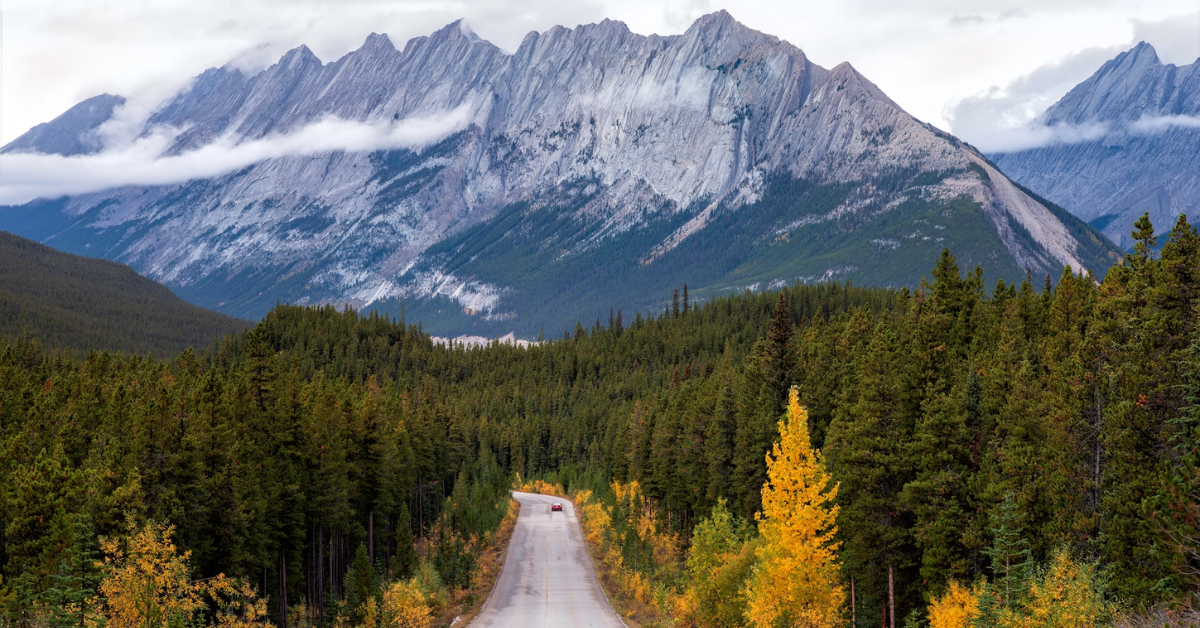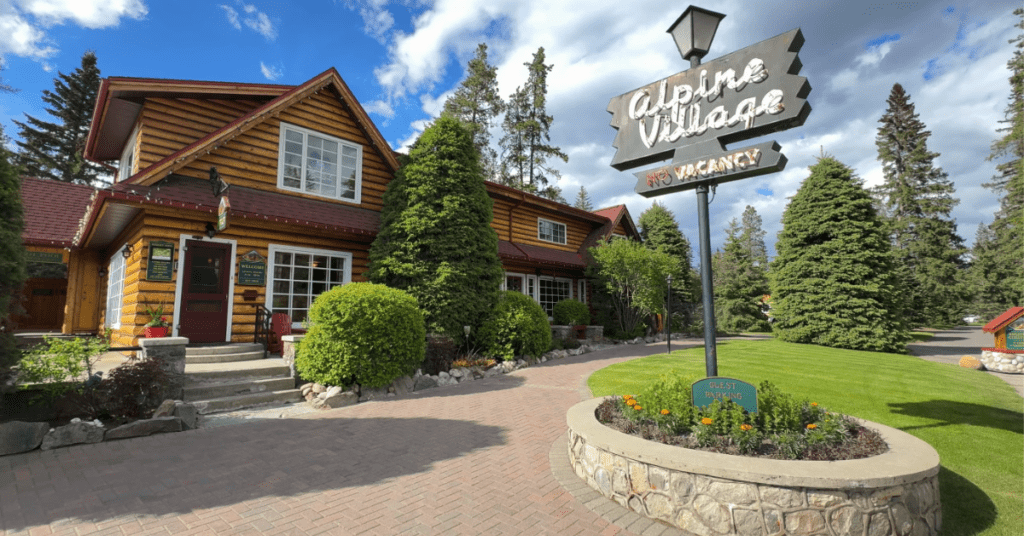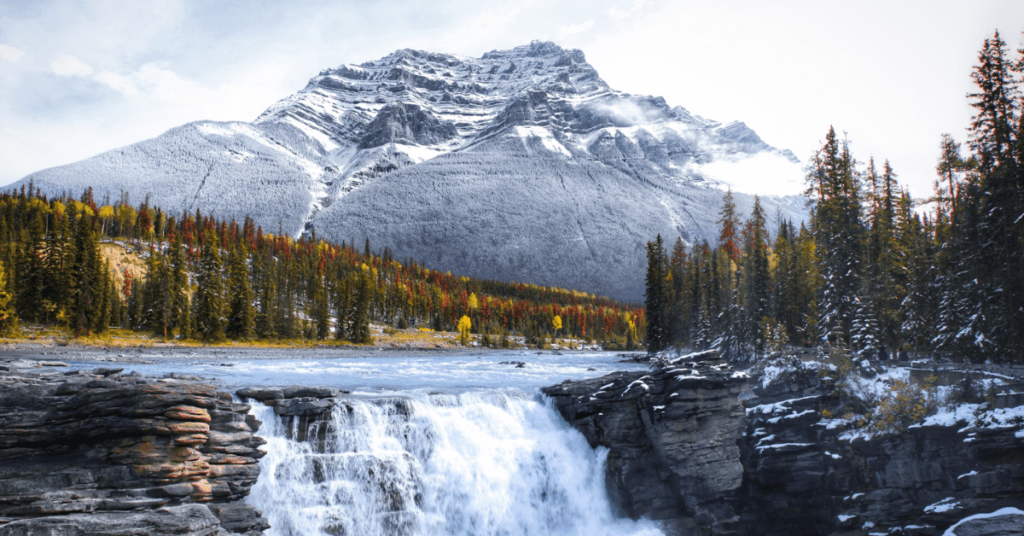A Guide to Jasper National Park’s Hidden Gems
1. Introduction to Jasper National Park
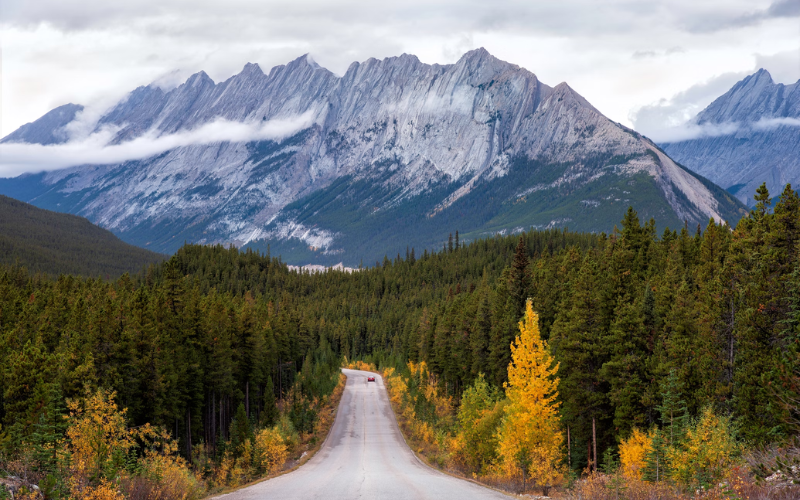
Location and geography
Nestled in the heart of the Canadian Rockies, Jasper National Park is a true wilderness wonderland. Covering an impressive 11,000 square kilometers, it’s the largest national park in the Canadian Rockies. The park is home to rugged mountains, pristine lakes, and sprawling forests that seem to stretch on forever.
Brief history and designation
Jasper’s story goes way back! It was established as a national park in 1930, but its history is much older. Indigenous peoples have lived in this area for thousands of years. The park got its name from Jasper Hawes, who operated a trading post in the early 19th century. In 1984, UNESCO designated Jasper as a World Heritage Site, recognizing its incredible natural beauty and ecological importance.
Overview of popular attractions
We all know about the big stars of Jasper – the stunning Athabasca Falls, the picturesque Maligne Lake, and the thrilling Jasper Skytram. These are fantastic, don’t get me wrong! But today, we’re going to dive into the lesser-known treasures that make Jasper truly special.
2. Off-the-Beaten-Path Hiking Trails
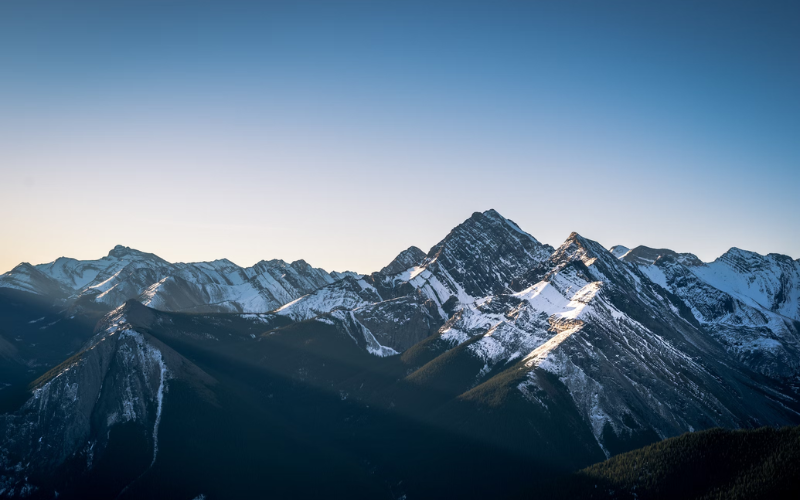
The Sulphur Skyline Trail
This trail is a real gem! It’s a bit of a workout, but the views at the top are absolutely worth it. The trail starts near Miette Hot Springs and climbs steadily for about 4 kilometers. At the summit, you’re rewarded with a 360-degree panorama of the surrounding mountains. I remember the first time I reached the top – I felt like I was on top of the world!
Opal Hills Loop
If you’re up for a challenge, the Opal Hills Loop is calling your name. This 8-kilometer trail offers stunning views of Maligne Lake and the surrounding peaks. The wildflowers in summer are simply breathtaking. Just be prepared for some steep sections – your legs might feel a bit wobbly afterwards!
Cavell Meadows Trail
This trail is a personal favorite of mine. It starts at the base of Mount Edith Cavell and winds through alpine meadows bursting with colorful wildflowers. The path offers incredible views of Angel Glacier and the turquoise waters of Cavell Pond. It’s like walking through a postcard!
3. Lesser-Known Lakes and Waterfalls
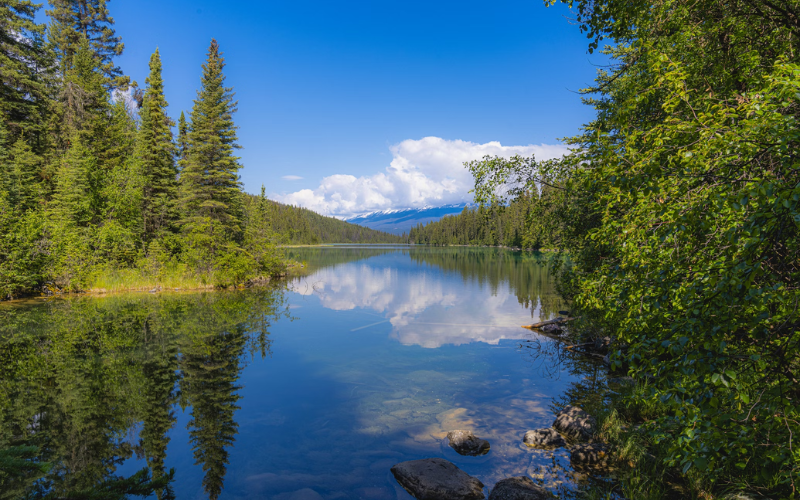
Horseshoe Lake: A serene swimming spot
Horseshoe Lake is a hidden paradise for swimmers and cliff jumpers. The crystal-clear water is perfect for a refreshing dip on a hot summer day. There are several cliff-jumping spots of varying heights – just make sure to check the water depth before taking the plunge!
Maligne Canyon’s hidden waterfalls
While Maligne Canyon is a popular spot, many visitors don’t venture beyond the first two bridges. If you continue further, you’ll discover a series of hidden waterfalls cascading through the narrow gorge. It’s a magical experience, especially in the early morning when the mist rises from the canyon.
Valley of the Five Lakes: A colorful adventure
This trail takes you past five stunning lakes, each with its own unique shade of blue or green. It’s a relatively easy 4.5-kilometer loop, perfect for families or those looking for a leisurely hike. The colors of the lakes change throughout the day, so it’s worth spending some time here to watch the show!
4. Wildlife Viewing in Secluded Areas
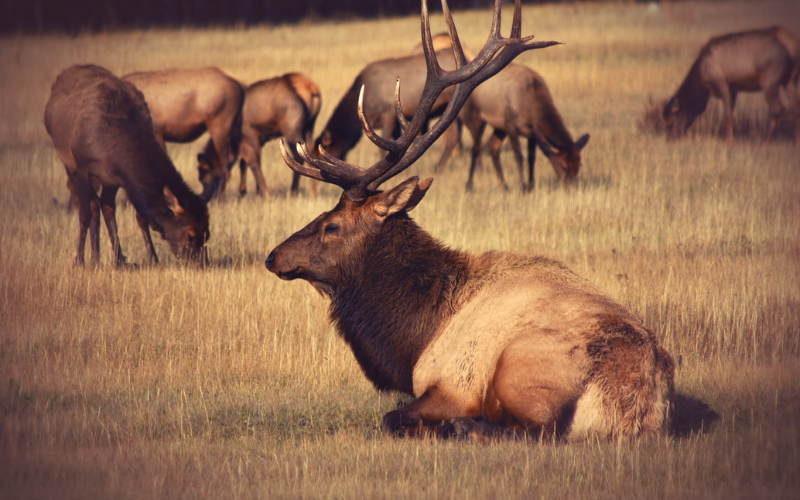
Pocahontas Mine area: Bighorn sheep haven
The old Pocahontas Mine area is a great spot to see bighorn sheep. These majestic animals often gather here, especially in the early morning or late afternoon. Remember to keep a safe distance and never feed the wildlife!
Miette Hot Springs road: Elk spotting
The road to Miette Hot Springs is a fantastic place to spot elk, especially during the fall rutting season. I once saw a massive bull elk with an impressive rack of antlers right by the roadside – it was an unforgettable moment!
Pyramid Lake Island: Bird-watching paradise
Pyramid Lake Island is a hidden gem for bird watchers. The small island is accessible via a wooden bridge and offers great opportunities to spot various bird species. Bring your binoculars and a bird guide – you might see everything from loons to bald eagles!
5. Unusual Geological Features
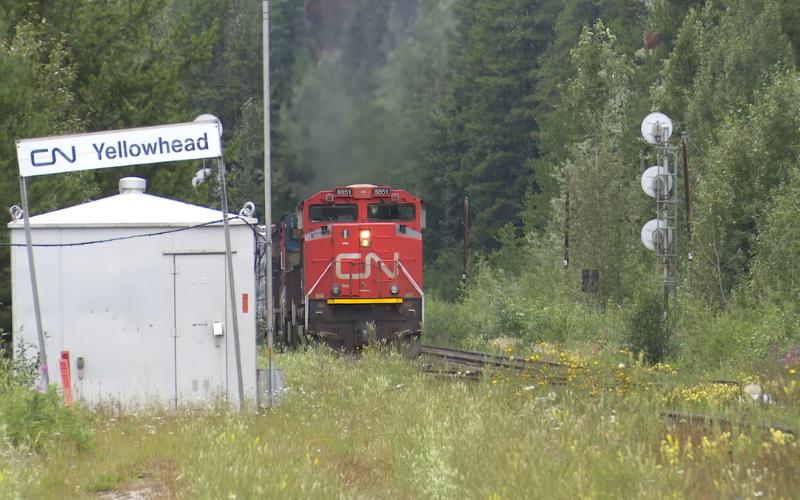
Medicine Lake: The disappearing marvel
Medicine Lake is a geological wonder. In summer, it’s a beautiful lake, but come fall, it mysteriously disappears! This is due to an underground drainage system that acts like a bathtub drain. It’s fascinating to visit in different seasons to see this natural phenomenon in action.
Yellowhead Pass: Continental divide
The Yellowhead Pass marks the continental divide – water on one side flows to the Pacific Ocean, while on the other side, it flows to the Arctic Ocean. It’s a cool spot to stand with one foot in each watershed!
Marmot Basin’s ancient coral reef
Believe it or not, you can find remnants of an ancient coral reef at Marmot Basin ski area. These fossils are a reminder that this area was once covered by a tropical sea millions of years ago. It’s mind-boggling to think about while you’re surrounded by snow-capped peaks!
6. Hidden Cultural and Historical Sites
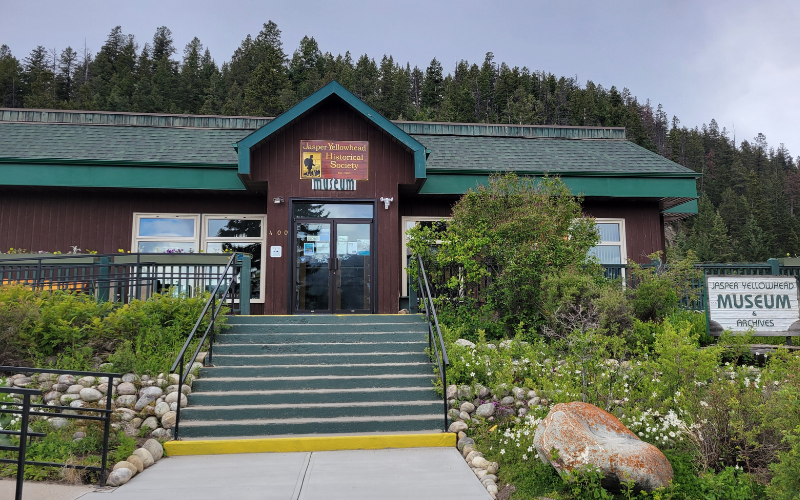
Jasper-Yellowhead Museum: Local stories
This small museum is packed with fascinating stories about Jasper’s history. From Indigenous artifacts to exhibits about the early fur trade and railway construction, it’s a great place to learn about the park’s rich cultural heritage.
Jasper Information Centre: Heritage architecture
The Jasper Information Centre is more than just a place to get maps. The building itself is a national historic site, built in the rustic style that was popular in early national park architecture. Take a moment to appreciate its beautiful stonework and timber framing.
Pocahontas Coal Mine ruins
The ruins of the Pocahontas Coal Mine offer a glimpse into Jasper’s industrial past. You can still see old mining equipment and building foundations. It’s a haunting reminder of how much the area has changed over the past century.
Summary: Embracing Jasper’s Secret Wonders
Jasper National Park is full of hidden treasures waiting to be discovered. From secluded hiking trails and pristine lakes to unique geological features and historical sites, there’s so much more to explore beyond the popular attractions. These hidden gems offer a chance to connect with nature, learn about the area’s rich history, and create unforgettable memories. So next time you visit Jasper, venture off the beaten path and discover your own secret wonders!
FAQs
Best time to visit hidden gems
The best time to visit Jasper’s hidden gems depends on what you want to see. Summer (June to August) is great for hiking and wildlife viewing. Fall (September to October) offers beautiful autumn colors and fewer crowds. Winter (November to March) is perfect for snow activities and seeing frozen waterfalls. Spring (April to May) can be a bit unpredictable weather-wise but offers the chance to see wildflowers and newborn wildlife.
Safety tips for exploring off-the-beaten-path
Always let someone know where you’re going and when you expect to return. Carry bear spray and know how to use it. Bring plenty of water, snacks, and layers of clothing as mountain weather can change quickly. Stay on designated trails to protect both yourself and the environment.
Recommended gear for hidden gem adventures
Good hiking boots, a backpack with water and snacks, a map and compass (don’t rely solely on your phone), sun protection, and insect repellent are essential. A pair of binoculars can enhance wildlife viewing experiences.
Accessibility of lesser-known attractions
While some hidden gems are easily accessible by car or short walks, others require longer hikes or off-road driving. Always check trail conditions and difficulty levels before setting out.
Permits and regulations for visiting hidden areas
A valid park pass is required to enter Jasper National Park. Some backcountry areas may require additional permits. Always follow Leave No Trace principles to help preserve these beautiful areas for future generations.

